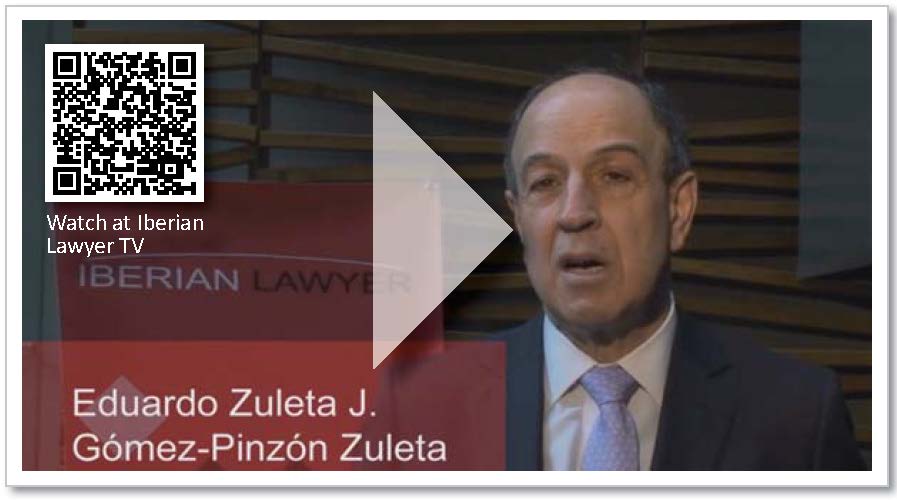Arbitrators in Latin America under intense scrutiny
Transparency is the best way for arbitrators to eliminate any suspicions about their impartiality and independence
Are arbitrators under suspicion in Latin America? Not necessarily, though there is a feeling that they are under intense scrutiny at present, attendees at an Iberian Lawyer Masterclass, held in Bogota, heard. Transparency is the most powerful tool arbitrators can use to defend themselves against accusations of bias or impartiality, participants said.
Although a number of institutions have developed guidelines to appoint and challenge arbitrators, the interpretation of the impartiality and independence concepts remains a major issue in arbitration procedures. Among the issues raised by participants was whether independence and impartiality were genuine cause for concern or just tactics to disqualify arbitrators for strategic reasons.
One attendee remarked that: “While the international arbitration community is fairly small and most practitioners enjoy a solid reputation, it is true that parties do not always play a ‘fair game’ and resort to challenging arbitrators as a delaying strategy. Sometimes their allegations are based on fair terms, sometimes they are not.” 
Other topics debated during the session in
cluded whether questions of impartiality and independence could be a reason for a client to choose an arbitral tribunal over a sole arbitrator. In this respect, a participant stressed that “an arbitral tribunal will always be the best vaccine against laziness”.
Event participants also discussed the advantages and challenges for arbitrators practising at both corporate law firms and as sole practitioners. A participant argued that both situations have strengths and weakness: “Whereas in a big law firm, arbitrators might encounter several conflicts of interest, a sole practitioner might be driven to take on any case because of economic reasons.” In any case, attendees agreed that clients have the last word in choosing one option over the other.  In the last part of the session, participants raised concerns over the need to implement a code of ethics for arbitrators and whether it was necessary to adopt a disciplinary process for those who break the rules. Attendees agreed that reputational risk was an important factor in reducing the chances of arbitrators performing their duties in an unethical way.
In the last part of the session, participants raised concerns over the need to implement a code of ethics for arbitrators and whether it was necessary to adopt a disciplinary process for those who break the rules. Attendees agreed that reputational risk was an important factor in reducing the chances of arbitrators performing their duties in an unethical way.
Meanwhile, attendees agreed that if there are doubts about an arbitrator, the arbitrator in question should decline to participate in the process. Panellists also concluded that arbitrators are under intense scrutiny in relation to the management of the case and the quality of the arbitral award.












